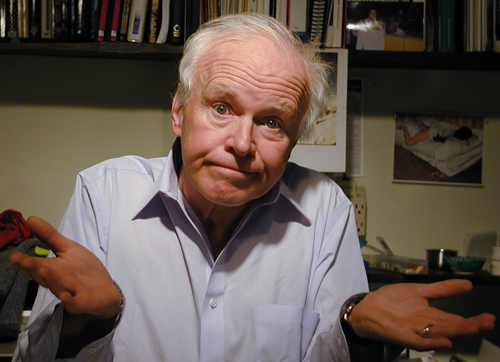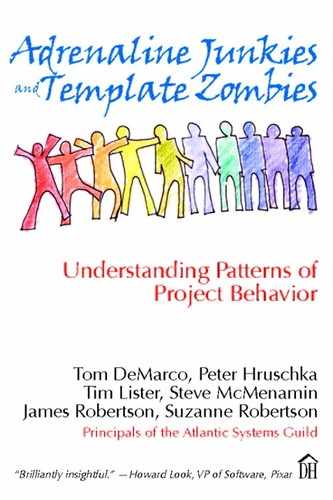63. I Don’t Know
,
The organization makes it safe to tell the truth even if that means not having an immediate answer.
You are at a meeting, and the project manager asks you whether all the data needed for the proposed marketing analysis is contained in the current database. You know quite a bit about the database and its contents, and you know it has most of the necessary data; but there are a few items you are unsure of, and these will be crucial to the marketing analysis.
In these circumstances, the truthful answer to the project manager is, “I don’t know,” but is it okay to say those words in your organization? Or are you obliged to dissemble and evade and do anything you can to avoid “I don’t know”? On the other hand, if you do admit that you don’t know, is this heard by your teammates as a sign of weakness?
In some organizations, the words “I don’t know” are heard as “I don’t yet have the answer, but I will.” The words open the door to discussion and to exploring ways of finding the answer.
“If you tell the truth, you don’t have to remember anything.”
—Mark Twain
Suppose you answer the question with “I don’t know yet, but if I spend a couple of hours with Giovanni—he worked on the original design—then I’m confident we will come up with the answer.” At this point, Augusta chips in and says,“Hey, I did an analysis of that data for another project. I have my notes, and I think they might answer your question; they could save you quite a bit of time.” Apart from being the truth, “I don’t know” acts as a collaborative trigger and encourages everyone who knows anything about the problem on hand to offer helpful input. We are not talking about a permanent state of ignorance—it’s a knowledge gap that is declared so that it can be plugged.
The opposite of this pattern happens when “I don’t know” is definitely not welcome. This happens when people do not know the answer but don’t feel safe enough to admit it. Either they are afraid of losing the respect of their colleagues, or they are afraid their boss will get the impression they cannot do their job. Moreover, “I don’t know” can be seen as a threat to a manager: When he is desperately clinging to a schedule, he decidedly does not want unknowns to appear and threaten the schedule. The idea that there are significant unknowns in the development process is simply not palatable. Most of these organizations see the development process as if it were a factory assembly line. There are almost no unknowns on an assembly line: “When the car reaches you, bolt on a wing mirror of the same color. Then wait for the next car.” When a development team member says, “I don’t know,” it is heard as “Stop the assembly line until I figure out which way the mirror faces.” This organization would rather keep the assembly line going without necessary components than allow a momentary pause in production.
“I don’t know” is viewed in some organizations as a sign of the speaker’s gutlessness. The culture is that everyone is expected to know everything. However, we are well aware that we do not know everything and have not since we were teenagers. This blinkered attitude results in people being loath to ask for help, even when the need is apparent to them. The result is that things take longer. But if the development project misses its deadline, the organization would rather point to other factors—incompetent management, lack of personnel, or almost anything—than admit that its development process could contain unknowns.
Whenever you hear “I don’t know,” you hear a declaration of trust. If people feel safe saying “I don’t know” throughout an organization, it indicates that people feel safe to ask for help. These are the organizations that truly encourage collaboration at all levels and reap the benefits.
